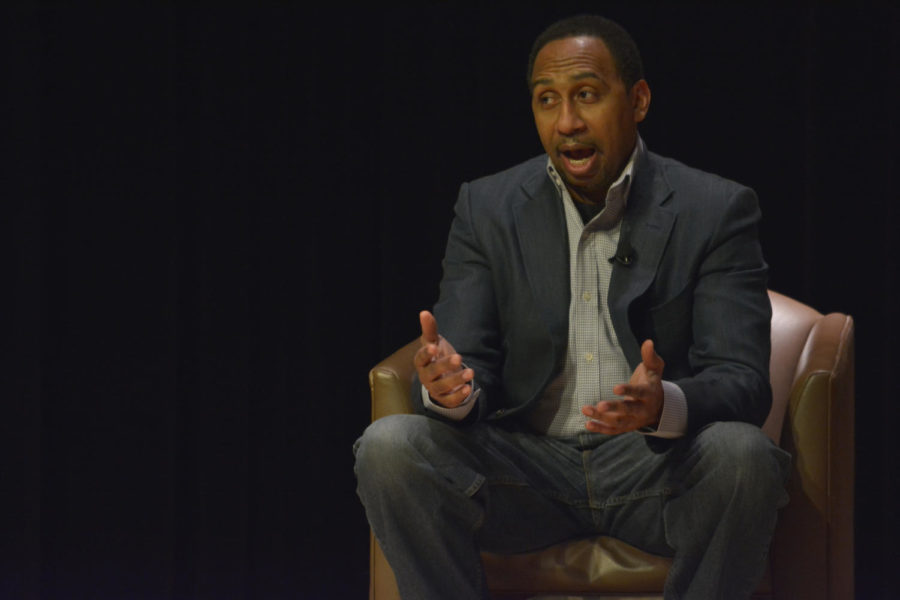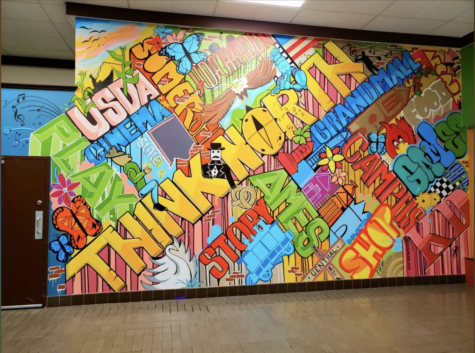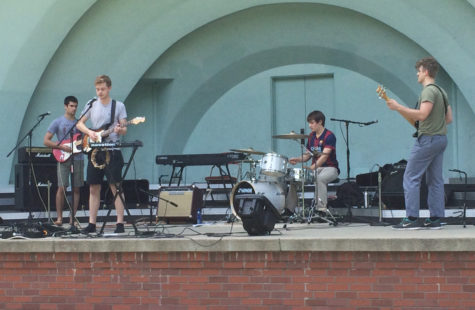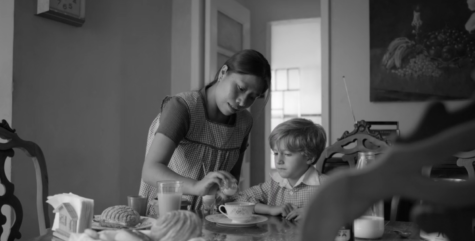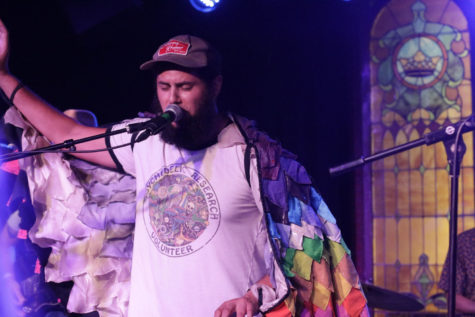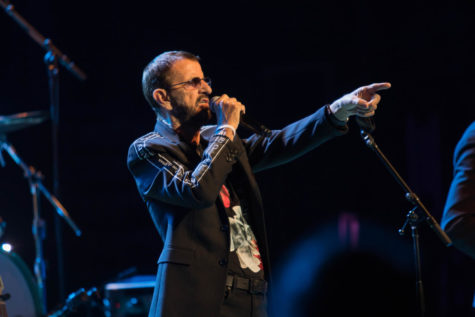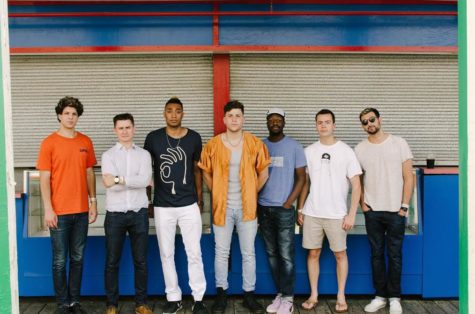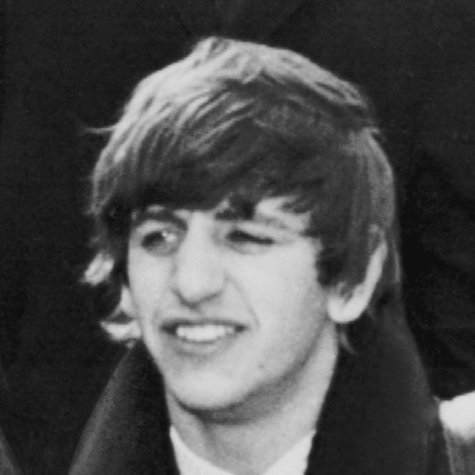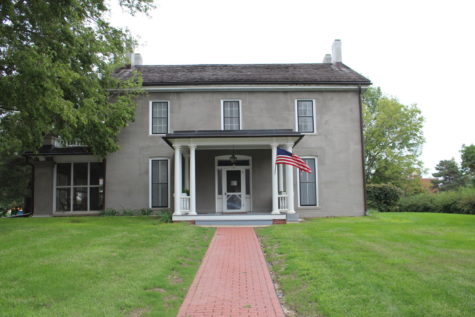- Ames247
- Ames247 / Nightlife
- App Content
- App Content / Lifestyle
- Limelight
- Limelight / Events
- Limelight / Reviews
Review: Stephen A. Smith left the Great Hall with advice for the ages
November 4, 2017
Stephen A Smith is the man you see on the TV screen. You see him on “First Take,” but I don’t think you really see him until you are right there in front of him. The man is terrifyingly real. Sure, he jokes, laughs, and talks about sports, but when you get right down to the heart of Stephen A. Smith, you find something you would never have expected to see.
Smith gave us his history last Friday night. He gave us his advice. Many of the things he said were tough to hear, but everybody in that audience (those of us who stayed awake), knew he was right.
Smith took the audience to the street of New York City and a kid who learned to read by reading about sports, to the life of a man who you see on TV, flopped pilots, friends, foes, and all. He told us about the first newspaper story he ever wrote about soccer and the time he and Skip Bayless were in Cold Pizza.
Smith took us to his favorite memory of basketball with Michael Jordan on the court to the worst experiences he has had both as a man and as a reporter when he betrayed the trust of a friend and he didn’t feel he did his job.
Smith told us how much he respects the players opinions about what happened, how he even tells them they don’t want to hear what he has to say. Smith respects the people he talks about, and he respects their opinions. He may make it darn well clear he doesn’t agree, but he will respect them.
So what was the takeaway from the night? As a non sports person, I didn’t understand the names and the words he used to passionately describe heated basketball scenes. I didn’t know the games of history by heart that he had witnessed.
However, I did leave the Great Hall that night with a new look on the world. I don’t think I can do his words justice in a paraphrase, so I will give you Smith’s advice straight up.
“Anytime that you are striving for something, you try to achieve something you have to understand that not only is there already somebody in the position you want to be in, who has what you aspire for, but there are people who you could be sitting right next to you that want the same thing that you want,” Smith said.
Smith came back to this very point he made at the beginning of the Q & A at the very end. Here is exactly what I left the Great Hall with that night.
“What I try to do is make sure every college student understands exactly what is waiting for you. The world is merciless. It doesn’t give a damn about you. You gotta make it happen. Nobody gonna make it happen for you,” Smith said. “The world has no compassion. It is about the ‘haves’ and the ‘have-nots’ and the capitalistic society.
I said it before, and I will say it again, Smith is a terribly real man in a terribly false world. What people took away from Smith may have been hard to swallow, but it was none the less some of the most important advice had heard.

